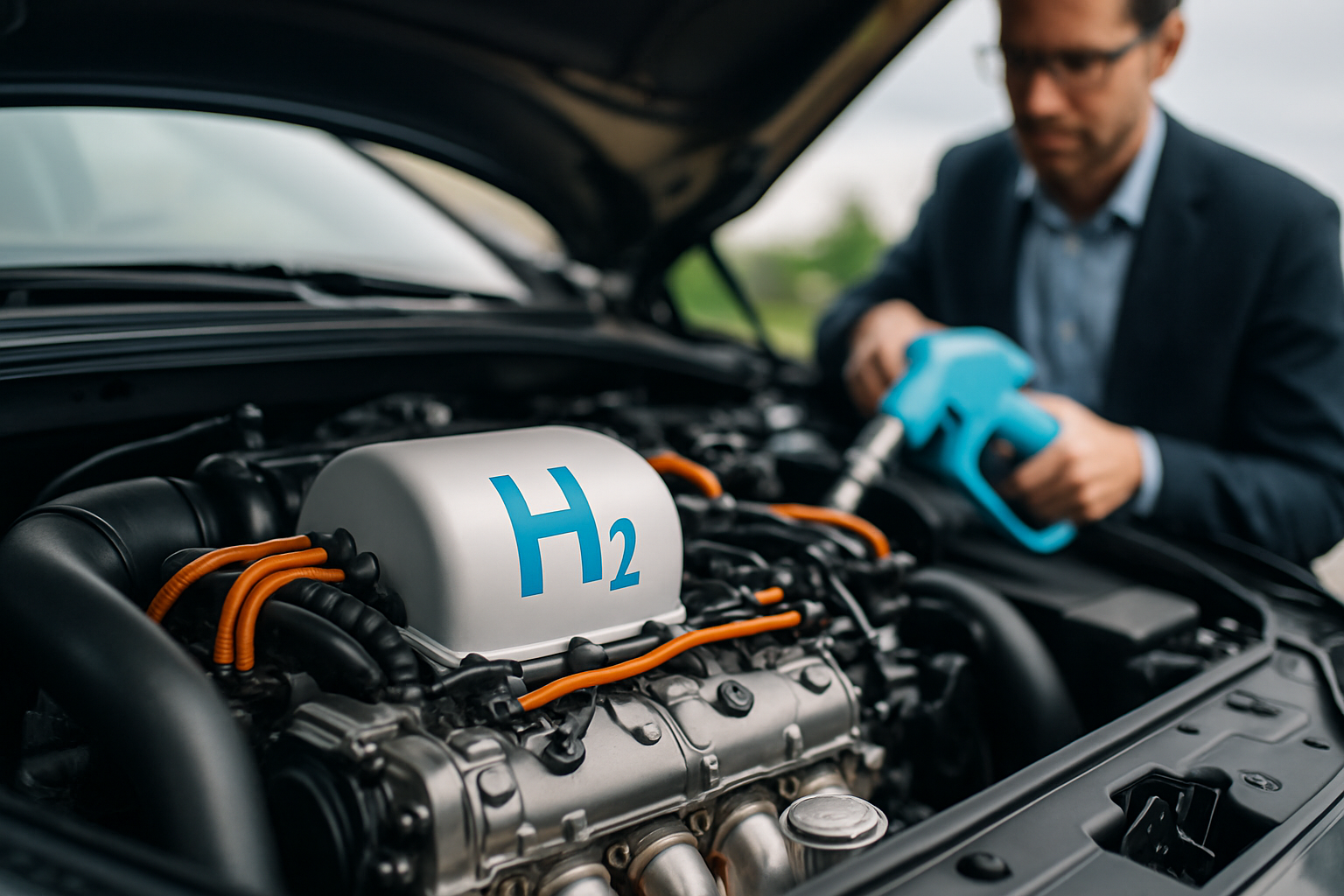Synthetic Fuels: Racing Towards a Greener Future
Imagine the roar of a high-performance engine, the smell of burning rubber, and the thrill of speed - all without the guilt of environmental damage. This isn't a scene from a sci-fi movie, but a potential reality with synthetic fuels. As the automotive world grapples with environmental concerns, synthetic fuels are emerging as a promising solution that could revolutionize the industry while preserving the essence of traditional motorsports and classic car culture.

A Bridge Between Past and Future
For automotive enthusiasts and collectors, synthetic fuels offer a tantalizing prospect: the ability to keep vintage and classic cars on the road without contributing to increased carbon emissions. These fuels can be formulated to match the specifications of older engines, ensuring that prized automobiles from bygone eras can continue to operate without the need for extensive modifications or the risk of damage from modern fuel blends.
Racing Towards Sustainability
The world of motorsports has always been at the forefront of automotive innovation, and synthetic fuels are no exception. Formula 1, the pinnacle of racing technology, has announced plans to introduce 100% sustainable fuel by 2026. This move not only showcases the potential of synthetic fuels but also serves as a testing ground for technologies that could eventually trickle down to consumer vehicles.
Overcoming the Energy Density Hurdle
One of the most significant advantages of synthetic fuels is their energy density. Unlike batteries, which struggle to match the energy content of liquid fuels, synthetic fuels can pack a similar punch to traditional gasoline or diesel. This means that vehicles can maintain their range and performance capabilities without the need for radical redesigns or compromises in cargo space or passenger comfort.
The Carbon-Neutral Conundrum
Critics argue that synthetic fuels are not truly carbon-neutral, as their production requires significant energy input. However, proponents counter that when produced using renewable energy sources, the lifecycle emissions of synthetic fuels can be substantially lower than those of fossil fuels. Furthermore, as the grid becomes greener, the carbon footprint of synthetic fuel production will continue to decrease.
Economic Implications and Market Potential
The development of synthetic fuels could have far-reaching economic implications. Countries without significant oil reserves could become fuel producers, reducing their dependence on imported energy. Additionally, existing fuel infrastructure and distribution networks could be utilized, minimizing the need for costly new systems. However, the current high production costs remain a significant barrier to widespread adoption.
Regulatory Landscape and Government Support
Governments worldwide are beginning to recognize the potential of synthetic fuels. The European Union, in particular, has shown interest in integrating e-fuels into its renewable energy directives. Such regulatory support could be crucial in scaling up production and bringing costs down to competitive levels.
Challenges on the Horizon
Despite their promise, synthetic fuels face several challenges. The production process is currently energy-intensive and expensive, making the end product significantly costlier than conventional fuels. Scaling up production to meet global demand will require massive investments in infrastructure and technology. Additionally, there’s the question of whether synthetic fuels can truly compete with the rapidly advancing electric vehicle sector in the long term.
A Multifaceted Approach to Sustainability
As the automotive industry navigates the complex landscape of sustainability, it’s becoming clear that there’s no one-size-fits-all solution. Synthetic fuels represent one piece of a larger puzzle that includes electric vehicles, hydrogen fuel cells, and other emerging technologies. By pursuing multiple paths simultaneously, the industry can address the diverse needs of different markets and use cases.
In conclusion, synthetic fuels offer a compelling vision of a future where the joy of driving and the imperative of environmental stewardship can coexist. While significant hurdles remain, the potential benefits - from preserving automotive heritage to revolutionizing motorsports and providing a transitional solution for hard-to-electrify sectors - make synthetic fuels a technology worth watching. As research continues and production scales up, we may find ourselves on the cusp of a new era in automotive fuel, one that honors the past while driving towards a cleaner future.






